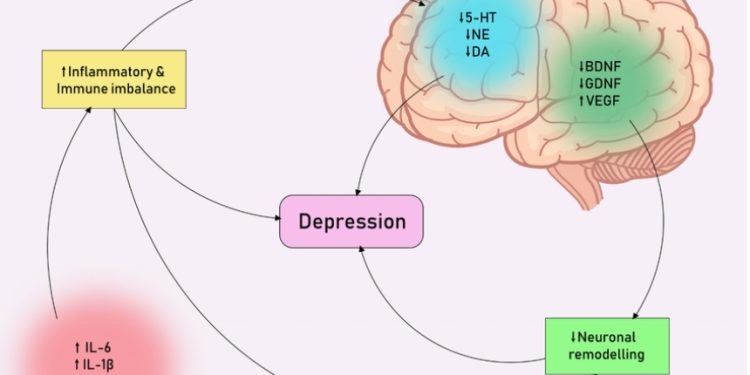Depression can be a challenging and isolating experience, but finding the right support and treatment is essential for recovery. Outpatient treatment offers a balanced approach, allowing individuals to receive care while maintaining their daily responsibilities. This form of treatment is less intrusive than inpatient care, making it an ideal choice for many seeking assistance.
The outpatient treatment journey begins with a detailed assessment by a mental health professional. This evaluation is critical to crafting a treatment plan that addresses the individual’s unique needs and symptoms. The assessment may involve exploring the person’s mental health history, current emotional state, and various life factors.
Following the assessment, a custom treatment plan is put in place. This plan usually includes regular therapy sessions, which form the foundation of outpatient treatment. These sessions may involve different therapeutic approaches, such as cognitive-behavioral therapy (CBT) or interpersonal therapy, tailored to the individual’s needs. The objective of these therapies is to provide coping mechanisms, enhance mood, and help manage daily life challenges.
Medication management is another aspect of outpatient treatment. If needed, psychiatrists or other medical professionals may prescribe medications to help regulate mood and alleviate depression symptoms. Ongoing monitoring ensures the effectiveness of the medication and allows for any necessary adjustments.
In the outpatient treatment process, support systems assume a pivotal role. The impact of encouragement and understanding from family and friends and participation in peer support groups goes beyond being significant – it profoundly influences the recovery journey. These interconnected networks offer a crucial sense of belonging and empathy, providing indispensable support for individuals navigating the complexities of depression. The communal and empathetic environment fostered by these support systems plays a crucial role in enhancing the effectiveness of outpatient treatment and bolstering the well-being of those in need.
Emphasis on self-care and lifestyle modifications is paramount in outpatient treatment. Incorporating strategies like regular physical activity, maintaining a nutritious diet, and ensuring sufficient sleep plays a pivotal role in fortifying mental health and facilitating the recovery process. These proactive lifestyle changes not only contribute to overall well-being but also serve as essential components in building resilience against the challenges of depression. Encouraging individuals to adopt and sustain these habits fosters a holistic approach, reinforcing the efficacy of outpatient treatment in promoting lasting mental health.
The flexibility inherent in outpatient treatment stands as a distinct advantage. This approach provides individuals with the opportunity to receive care while juggling personal and professional commitments, making it especially advantageous for those who cannot afford extended breaks from their responsibilities for treatment. The adaptable nature of outpatient care ensures that individuals can seamlessly integrate mental health support into their daily lives, promoting accessibility and encouraging more individuals to seek and sustain the treatment they require for their well-being.
Outpatient treatment for depression represents a healing journey that acknowledges and respects the intricacies of an individual’s daily life. This path to managing and overcoming depression becomes more accessible and hopeful with the combination of professional support, personal dedication, and a nurturing environment. By recognizing the unique circumstances and commitments of each individual, outpatient treatment seeks to integrate mental health care seamlessly into their daily routine, fostering an environment where the journey toward recovery aligns harmoniously with the complexities of daily life.


 Home
Home









